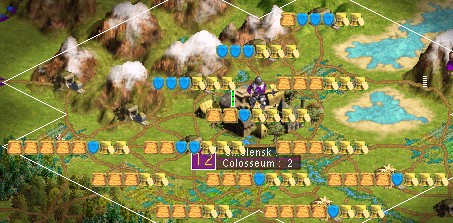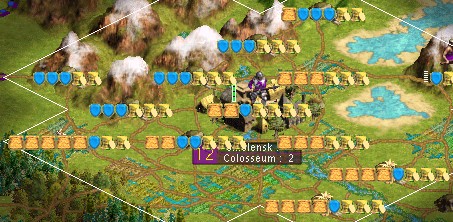I bet you knew it would only be a matter of time before I added a post to this thread.
You should not automate any workers in the early game.
There is a really important reason that every civ begins the game with two basic units: a settler and a worker.
Because of how they impact the game, these two units are the most powerful units in the game. Why would you automate your most powerful assets and give up their advantages in favor of playing with pointy sticks instead. You have to manage workers AND manage your military.
There is a transition point in the game that occurs somewhere around 1000BC depending on your initial growth rate and whether you are industrious or not.

(click on the image if you want to read a better discussion of these issues.)
Prior to that transition point you cannot afford to automate any of your workers. After the transition point you can automate your workers and give up about 30-40% of your initiative or you can focus on understanding the appropriate crew sizes to manage workers on some more focused and more profitable tasks.
I would never consider automating any of my workers until after I got beyond the Democracy+Replaceable parts threshhold and even then I would find a place to join all the workers of my nationality into cities before I would consider automating the workers to be an even remotely viable decision.
Once you understand how to manage the appropriate sized work crews, this sequence of tasks is relatively unchallenging and can yield benefits that at least allow the workers to pay for their upkeep.




